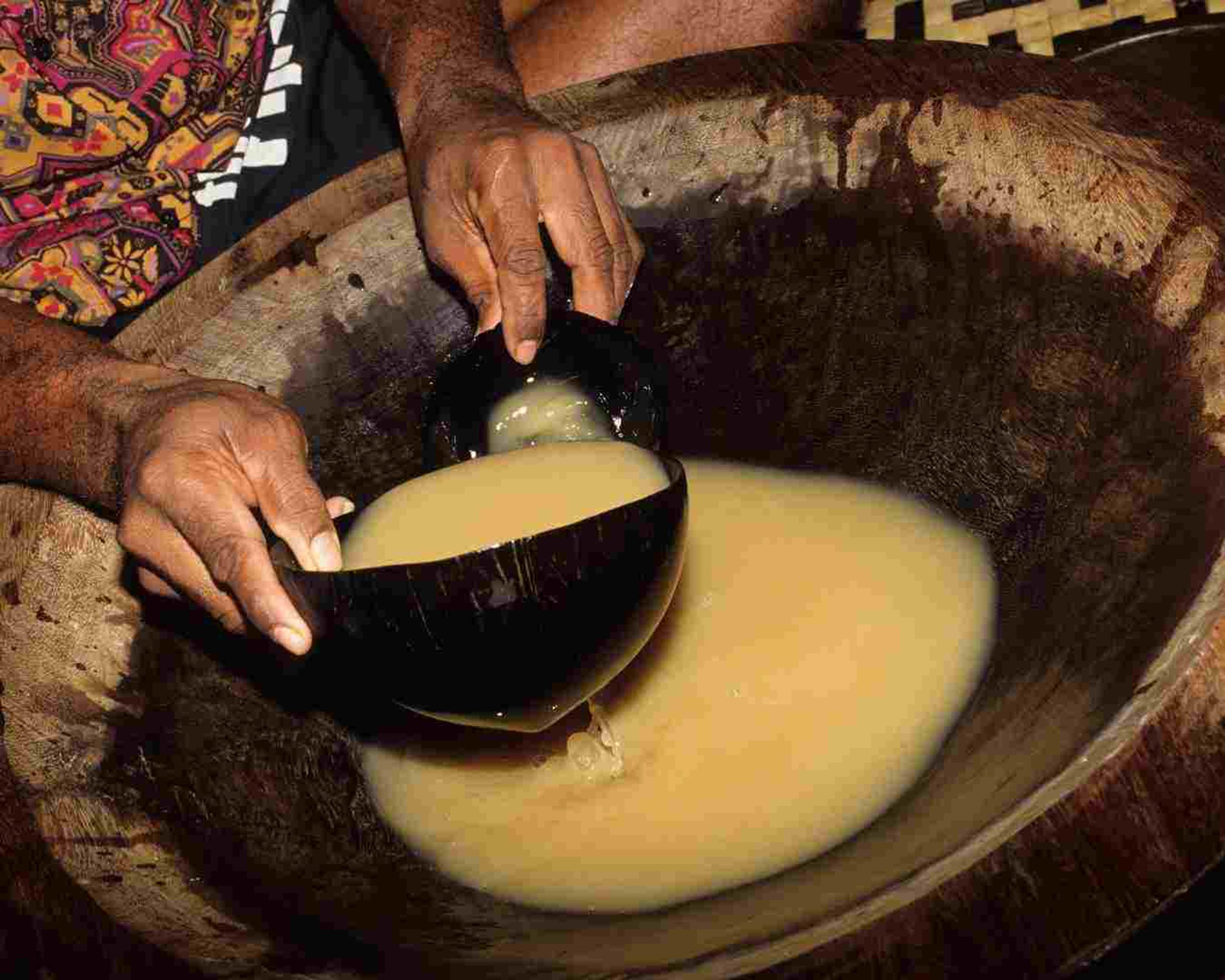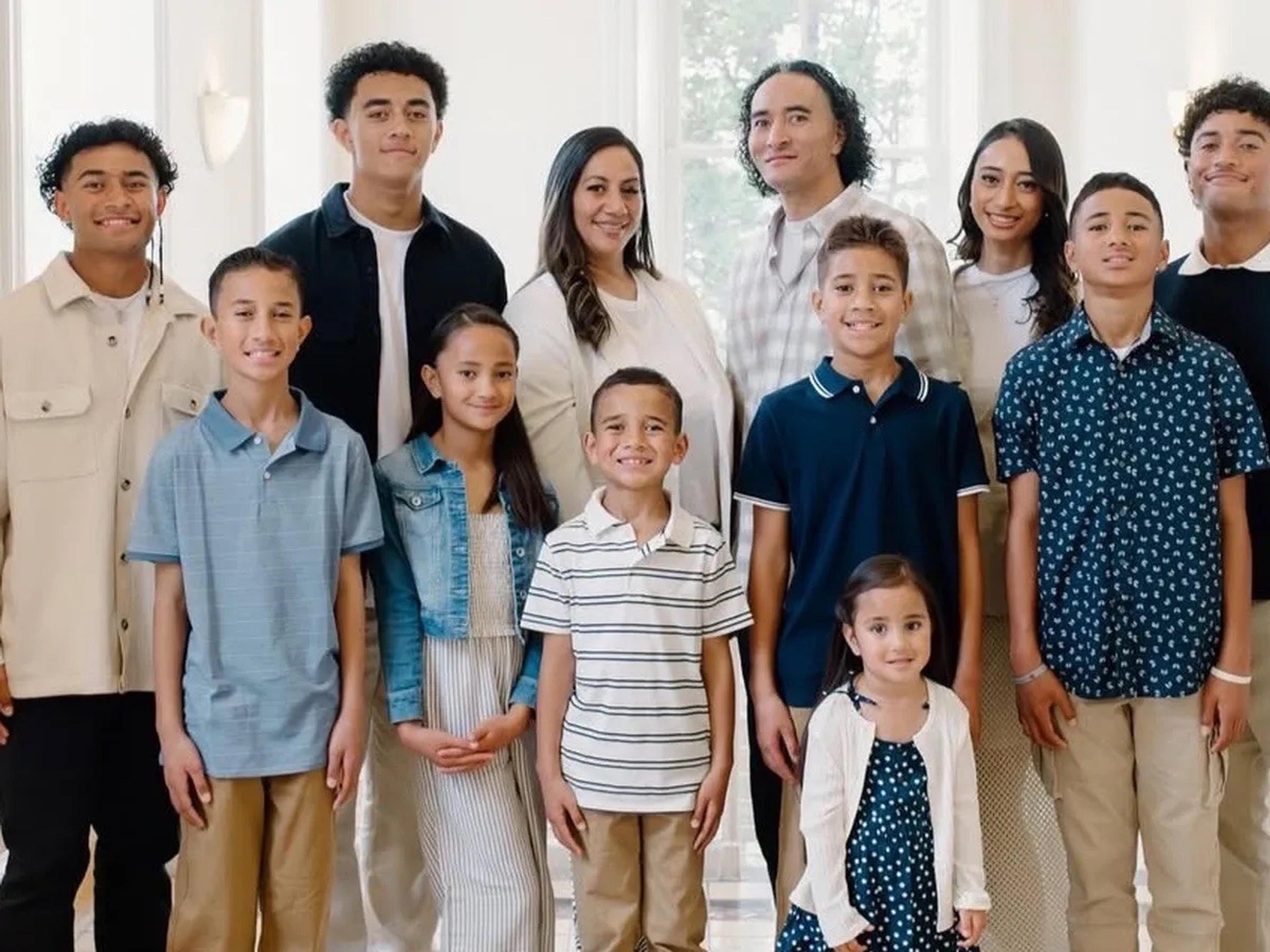

Pacific health researcher Dr Apo Aporosa will lead clinical trials for the efficacy of kava as a treatment for trauma survivors.
Photo/Canva
Former soldier researches kava use for PTSD
Pacific health researcher Dr Apo Aporosa will lead clinical trials for the efficacy of kava as a treatment for trauma survivors.



Father of 12 killed in US church shooting as police hunt for gunmen

Float First: A message for Pacific families during the holidays



Father of 12 killed in US church shooting as police hunt for gunmen

Float First: A message for Pacific families during the holidays
Understanding how conversation and kava can help those with post-traumatic stress disorder (PTSD) is the focus of a study by Waikato University Pacific health researcher Dr Apo Aporosa.
Aporosa is a former soldier and police officer who experienced PTSD himself.
“[When] I left the police with PTSD, there was no way I wanted to talk about the trauma as it was too overwhelming.”
But kava was key to his recovery.
“Kava, a natural anti-anxiety that doesn’t interfere with decision making or quality discussion, allowed me to open up about the traumatic event, discuss it with others who understood, and to make sense of what had happened.”
Now Aporoso has been awarded just under a million dollars to begin clinical trials looking into the efficacy of kava for those living with trauma and the effects of returning from combat zones.
Aporosa and his team will begin their trials early next year. The grant was awarded by the Health Research Council to advance Aporosa’s research which began in 2020, focusing on kava and driving.
The trials are aimed at validating pilot work he has done with post-combat soldiers, police and first responders living with PTSD as a result of attending traumatic incidents.
Aporosa says much of his work to date had been about “legitimising” the use of kava combined with talanoa, to reduce PTSD.
The research team includes doctoral student Anau Mesui-Henry. She’s the co-owner of Four Shells Kava Lounge, a community space for people to drink kava - and some of the study will focus on kava’s anxiolytic or anti-anxiety effects.
According to Aporosa half of Aotearoa New Zealand police reported to have “significant levels of PTSD”.
Before finding kava, Aporosa describes going through manic states of anxiety and depression: “I would be at the library researching how high up the Claudelands bridge was, so I could work out how long a rope I’d need to jump off it.”
He says it can be difficult for first responders to talk about their emotions and trauma symptoms.
“As a soldier or first responder, there’s this idea that you should be tough, ignore the ugly parts of the job as though they never happened.
“Showing weakness at work, like saying an event or situation has caused you stress and anxiety, can mean losing others’ trust in you to do the job well, so many push it down, try to tough it out, until one day, it gets too much.
“That's what we're supposed to do, keep smiling, then you get Pacific Islanders who are in Corrections or who are ambulance or military, they'll always smile and say everything is great.
“But you look deep into the eyes and there's that dark spot and you know that they're hurting, you know.
“I think that’s where this kava talanoa intervention provides something unique, it’s a space to talk out the trauma.”
Aporosa says kava and talanoa are less invasive than traditional ways of dealing with depression and trauma. They focus on relational connection, compared to antidepressants, which can numb patients to their surroundings and add to avoidance, which hinders the healing process.
“What I saw in pilot work with soldiers recently back from combat missions is that the kava talanoa intervention gave those who are struggling, an opportunity to open up and share their feelings.
“The more they did this, the more their level of PTSD symptomology reduced.
“What kava is enabling us, is to provide a form of relaxation where we can start talking about that ugly, messy thing that happened without us being overwhelmed.”
Aporosa says a big part of the work is teaching others what talanoa is and how vital relational therapy is to this process.
The end-goal of the clinical trials is not only to validate the therapy, but to also “manualise it”, which Aporosa hopes will lead to making kava accessible to people dealing with trauma and PTSD.
“It's so awesome to be able to sit down with post-combat soldiers and some of them are in a real mess, to be able to say, ‘if I can do this and come from where I came from, so can you’.”